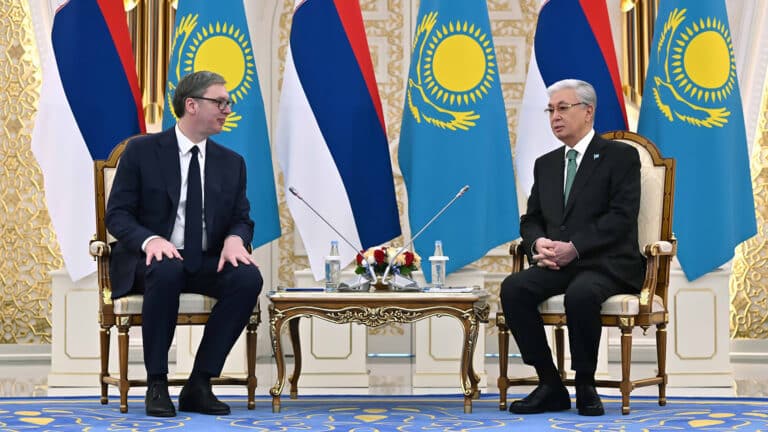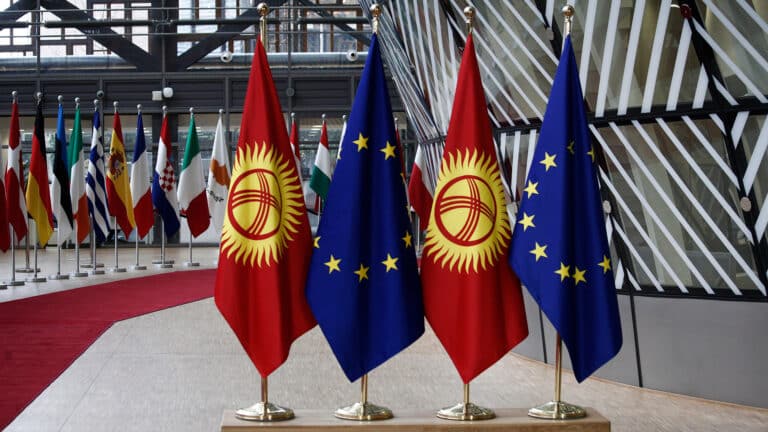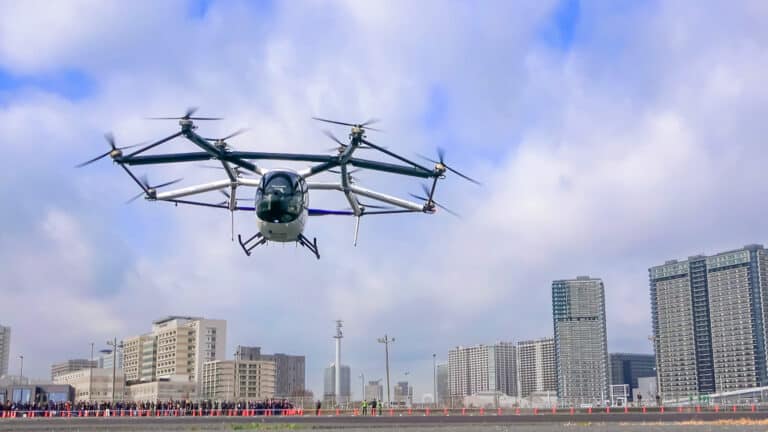Kazakhstan’s government considers the processing industry a key driver of the national economy and has already developed a plan to accelerate its growth.
Despite the crisis of 2020, the processing industry in Kazakhstan managed to keep a positive dynamic and has risen by 3.9%. This is the fourth highest result after the pharmaceutical industry (risen by 47%), machinery manufacturing (16%) and the garment industry (15%).
However, the future of the processing industry in Kazakhstan is not clear because it does not grow as fast as it might be. For example, over the period from 2010 to 2019, it added just 0.1% and reached 11.4%. At the same time, in the mining sector this rate was 5% and in the service sector 3.9%. In other words, despite all the state programs of industrial and innovative development, the processing industry failed to increase its impact on the national economy.
The state programs still play a huge role in the financing of the non-resource sectors in Kazakhstan. To implement the industrial and innovative development program in the 2021-2023 period, the government is ready to spend about 100 billion tenge.
A decentralized approach
To support specific sectors, Kazakhstan’s authorities use certain legislation. This approach was strictly criticized by President Tokayev in his national address in September 2020.
«We used to spread ourselves too thin and now we have to be more systematic and persistent,» the president said.
To change the situation, Tokaev initiated a new unified law on industrial policy, which should be developed. The main idea of the future document is to determine the principles, tasks and objectives to develop the processing industry. It should decide which types of manufacturing and what export destinations are the most important for the country. The Ministry of Industry and Infrastructural Development was designated as the responsible authority for this task.
In November 2020 the agency presented the draft law where it noted that disorganization in the legislation prevents the government from proper implementation of the industrial policy. In February 2021 the document went to Mazhilis for consideration by deputies.
A policy with no limits
During the opening of the first parliament session in January 2021 Kassym-Jomart Tokayev called to not to turn new legislation into a framework agreement; it should include specific measures instead to support and drive domestic businesses.
However, the document presented by the agency doesn’t fully meet the president’s request. For example, the vast majority of suggested measures have no mechanism of implementation; authorized agencies and development institutes should decide on their own how these measures must work.
While proposing a few completely new things, the draft law mostly combined all current legislation and approaches to the processing industry such as financing and co-financing of projects, leasing and interest rate subsidizing. The draft law has also cited the legislation on special economic zones and venture capital financing.
Among new propositions are mutual obligations for support receivers and a possibility to get a package of supportive aid through agreements on competitiveness increasing.
Moreover, the draft law has also introduced such a new term as an industrial climate that is a combination of legal, economic, and financial factors, all of which affect manufacturing development. The rate of industrial climate will be measured by the Ministry of Industry and Infrastructural Development, which also should determine the shape of the future industrial policy in the country.
A bigger role of state agencies
According to the draft law, the power of the ministry might be bigger in terms of industrial policy. The agency may receive about 40 new functions to form, coordinate and control the entire process of industrialization map development.
However, the authorized body for the industrial policy will be the Interagency Commission with Deputy Prime Minister Roman Sklyar as its head. The main task of the commission is to prepare a set of recommendations concerning supportive measures, but it also has to review the progress in the industrial policy implementation.
Even though the draft law isn’t perfect, it includes one important suggestion: to support not an industry as a whole but the most successful enterprises, which have to supply the domestic market first and then go for export, according to Amaniyaz Erzhanov, vice-minister of industry.
However, the draft law doesn’t currently provide a clear vision of how the ministry or Interagency commission would decide which businesses are successful. These specific indicators of success should be created by the Ministry of Industry and then approved by the commission.













